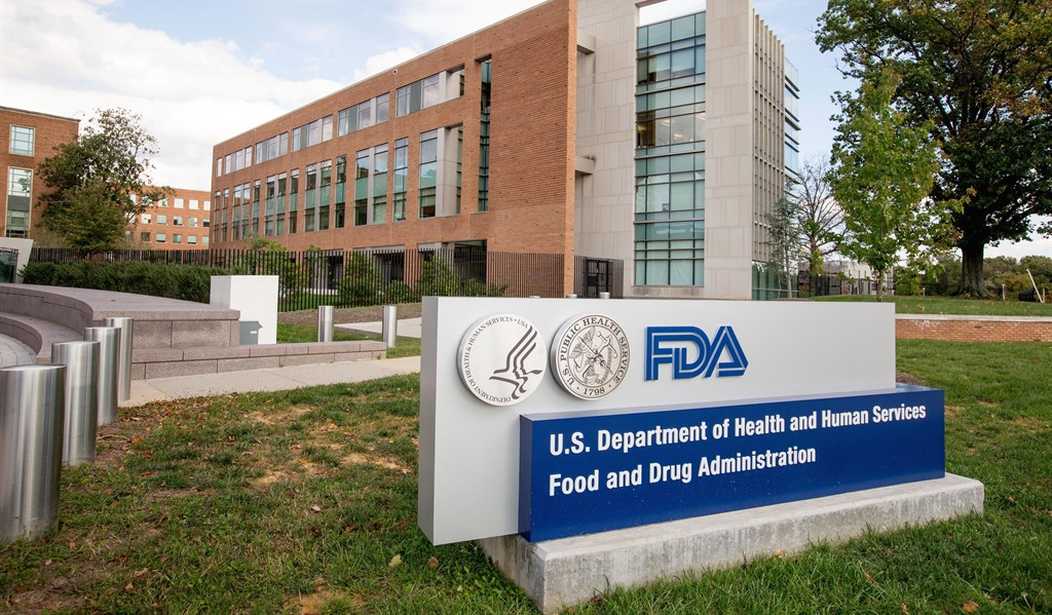The COVID-19 pandemic demonstrated how faster approval processes and other thoughtful reforms can help patients, while still adhering to strict safety and quality standards. The Coronavirus Treatment Acceleration Program (CTAP), Operation Warp Speed, and the use of Emergency Use Authorizations (EUA) were commendable. It’s now time to build on that foundation to crystallize COVID’s lessons for future pandemics by implementing key reforms at the Food and Drug Administration.
First, it is essential to understand why the FDA’s drug approval process can be slow. The FDA is responsible for ensuring that new drugs are safe and effective before they are approved for use by the public. To do this, they require extensive testing and multiple phases of clinical trials to demonstrate a drug's safety and benefits. Under normal circumstances, this process can take years, which is too long in a pandemic, where months can mean the disease has a chance to evolve past current treatment iterations.
One way to speed up the FDA's drug approval process for pandemic-related drugs is to prioritize these drugs in the agency's review queue. There are already four regulatory fast lanes to do so, each addressing different types of remedies and different portions of the drug approval process. CTAP effectively improved coordination between developers and regulators, expedited manufacturing, and allowed for even faster review and approvals for different stages of the approval process.
Other FDA lessons recently enshrined in law include examining flexible clinical trial design with elements such as remote monitoring, therapy shipping, and digital technologies. The FDA should look to combine some of the enacted FDA Omnibus Reform Act provisions into a cohesive package. Establishing a permanently higher level of priority, patterned after CTAP, above Breakthrough Therapy status for pandemic-related treatments could cement the lessons from the COVID pandemic.
Recommended
Another change should be consolidating approval authority on Emergency Use Authorizations to fewer individuals, as in Senator Tom Cotton’s (R-AR) legislation, the Operation Warp Speed Act of 2021, or at least extending compassionate use approval to vaccines or therapies to individuals with extremely high-risk factors. This seemingly simple step could have a major impact – literally life-or-death. Oxford research has shown that a plan to allow the vaccine’s distribution for nursing homes under compassionate authorization would save around 40,000 lives during the COVID pandemic. Another potential FDA change would be to include waivers on phases of clinical trials for a treatment substantially similar to previous iterations approved at other stages of the process or based on previously approved platform technologies. This dovetails well with the platform technology pathway enacted at the end of the last Congress.
For instance, treatments like monoclonal antibodies – often the only option for millions of patients who can’t tolerate vaccines – may utilize extremely similar technologies but must be slightly adjusted for evolving strains. An apt comparison would be the annual assessment and approval of flu vaccine variants - a process that could be improved. The rise of Delta and Omicron are examples of where vaccines and other treatments needed to be tweaked to account for these variants to maintain efficacy. It seems obvious that a company that has proceeded far enough along for successful human clinical trials with little to no adverse events should not have to start from square one again if the disease is outpacing the approval process.
All of these treatments can pay fiscal and health dividends by avoiding long hospital stays, surgeries, and all the associated lost productivity. Taxpayers have long appreciated this dynamic; for example, a 2019 Health Affairs analysis linked a significant slowdown in Medicare spending in 2005-2012 to “reduced cardiovascular events” mitigated by prescription drugs. More recently, according to the Department of Health and Human Services (HHS), the COVID-19 vaccines saved Medicare $2.6 billion in reduced hospitalizations over five months of 2021 alone.
Imagine what future treatments, whether vaccines, monoclonal antibodies, or symptom-relieving medications, could do to increase these savings. When the next health challenge hits – and it is only a matter of time – FDA needs a regulatory framework that emphasizes a safe but speedy “all of the above” approval process for various treatments. A few prudent steps, taken now, can help to prepare us for whatever lies ahead.
Nicholas Johns is a policy and government affairs manager with the National Taxpayers Union, a nonprofit dedicated to advocating for taxpayer interests at all levels of government.

























Join the conversation as a VIP Member